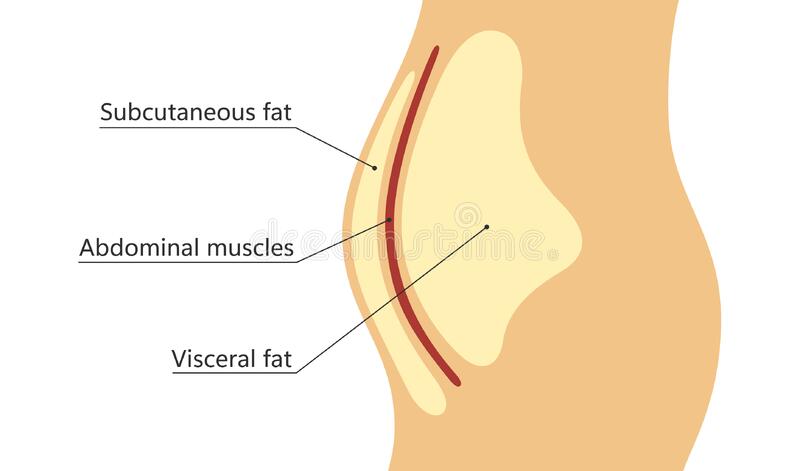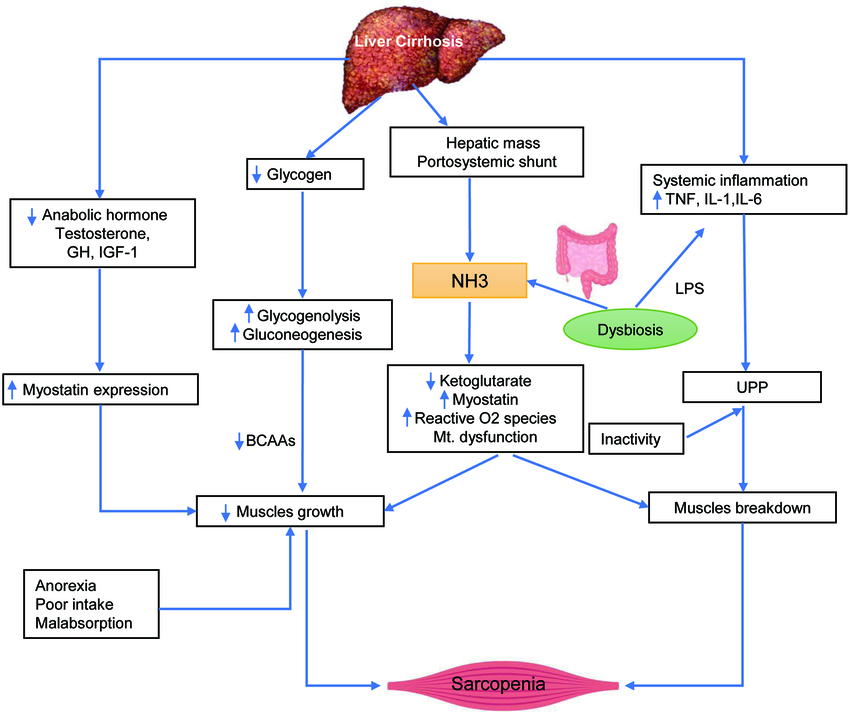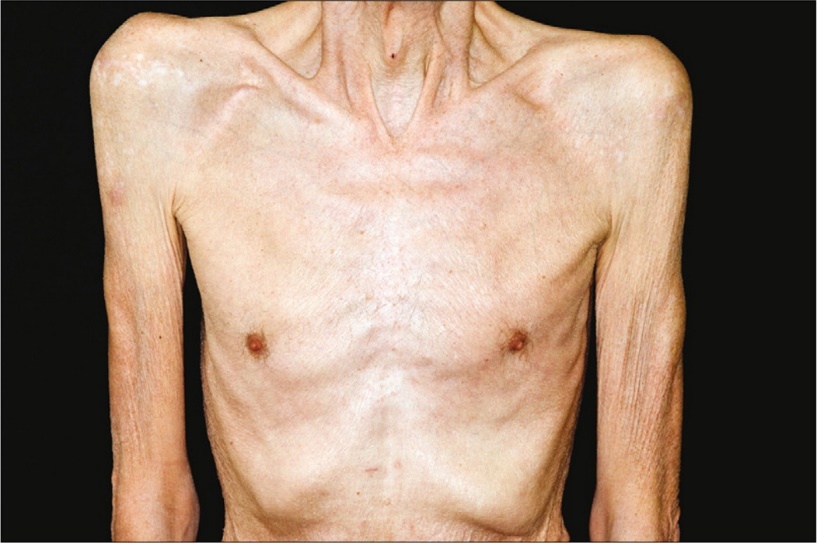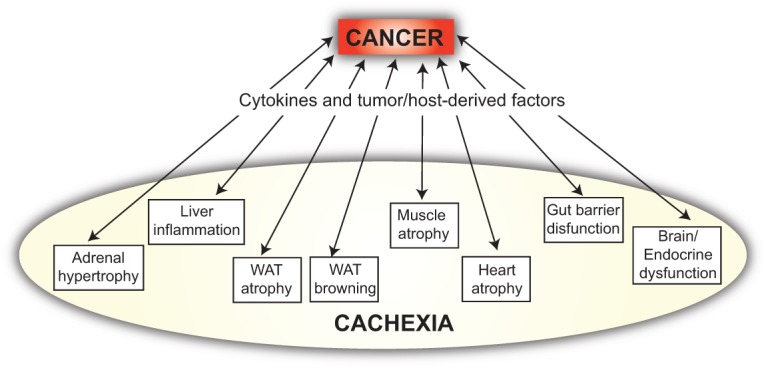 Home
History
Management
Contact Us
Home
History
Management
Contact Us
Over the 8 years of the company’s development, research revealed potential applications of the non-toxic human protein, ZKPr1, and the heterocyclic compound, ZKC1, for other areas of health care as well. As the family-supported research started to run out of its resources, a decision was made to form for each project a biotech company (still family-owned) that will independently search for either outside partner(s) to support further development or an entity that would be interested in taking over the company’s research in its entirety. The following is the list of these companies with their profiles being described in more detail on their websites.
The major finding this company is based on is the ability of ZKPr1 to practically normalize excess visceral fat in both obese and normal-weight mice, a fat store implicated in many health disorders. In obese mice, normalization of visceral fat results, among other effects, in increased survival (20-30% life extension), reversal of muscle loss, reduction of blood glucose from about 9-10 mM to ~6 mM, and normalization of high serum triglycerides. ZKPr1, which is available in recombinant form that has about 10 days of half-life time in the human circulation, may become an important drug, applied subcutaneously weekly or biweekly for the major reduction of excess visceral fat and, thus, treatment of related metabolic diseases.

ZK Muscle Research, a family-owned biotech company, discovered that a nontoxic human protein (ZKPr1), delivered either orally or via an injection method, can substantially reduce wasting of muscle proteins and muscle mass in both obese and old normal-weight mice. The company is presently researching the mechanism by which ZKPr1 acts with the primary candidate being enhancing the action of IGF-1 on muscle cells and inhibition of myostatin (which is enhanced by liver cirrhosis and obesity), a known negative regulator of muscle proteins and strength (see Figure).

The effects of ZKPr1 on muscle wasting raise the possibility of using it for obese humans as an add-on drug together with GLP-1 based or other weight loss reducing drugs that have no or only small effects on muscle wasting and are less effective than this protein in reducing excess visceral fat. ZKPr1 may also increase, like in aging mice, the well-being and life expectancy of older people due (at least partly) to its positive effects on the skeletal muscle.
At later stages of tumor development, about 70% of patients will unintentionally lose body weight and muscle mass (as shown in the picture), the process being termed “cancer cachexia”. Once cachexia develops, it makes any treatment practically inefficient. In fact, many cancer patients (~30%) die directly due to cachexia and not the tumor itself. In today’s medical practice, treatment of cachexia is insufficient partly because (a) when it is recognized it is too late to effectively deal with it, and (b) presently no single medication is available to ensure satisfactory reduction of weight and muscle loss due to its multifactorial nature.


In cachectic mouse tumor models (PC-3 human prostate cancer, T47 human breast cancer, HL-60 human leukemia, HT-168 human melanoma) ZKC1, a heterocyclic compound, greatly reduced both the loss of their body weight and muscle proteins.
The company’s current hypothesis is that ZKC1 inhibits the formation and/or transmission of signals by the tumor involved in triggering cancer cachexia at the level of cell membrane. This is because the connection between the tumor and the surrounding host normal tissue was found to be damaged due to the inhibitory effect of ZKC1 on the synthesis of phosphatidylcholine, an important component of cell membrane. According to this hypothesis, ZKC1 acts right at the source of cachectic signals and not at the later more diverse stages (as shown in the Figure) that would be more difficult to influence by one drug.
It should be added that ZKC1 also inhibits tumor growth and enhances the effects of antitumor drugs (cisplatin, cyclophosphamide, gemcitabine) on various tumors, most probably also due to the inhibition of phosphatidylcholine synthesis.
ZK Statin Plus is a family-owned biotech company formed in 2021 to develop a method to prevent in obese subjects the side effects of statins while also enhancing their abilities to lower LDL-cholesterol and, in particular, high levels of triglyceride. While statins have powerful effects on reducing LDL-cholesterol, unfortunately many statin users abandon their use due to experiencing some side effects such as muscle damage/pain and a significant risk of developing diabetes. In addition, statins are not sufficiently effective in reducing high serum levels of triglyceride in obese subjects.
The company has been developing a human protein (ZKPr1) to alleviate the side effects of statins while safely increasing their efficacy primarily in obese subjects. Based on experiments with obese mice, the prime effect of ZKPr1 is to greatly (80-90%) reduce excess visceral fat which is metabolically related to diabetes and the reduction of muscle proteins (resulting in muscle weakness), both events being further exacerbated by statins and reversed by ZKPr1. Obesity also leads to high serum contents of triglycerides and cholesterol that are reversed by the combined actions of statin and ZKPr1 more effectively than by statin alone.
The company believes that by adding ZKPr1 weekly or biweekly to a statin therapy may induce “statin resistant” obese (and perhaps also non-obese) subjects, who abandoned this drug, to re-consider taking it again, this time together with ZKPr1.